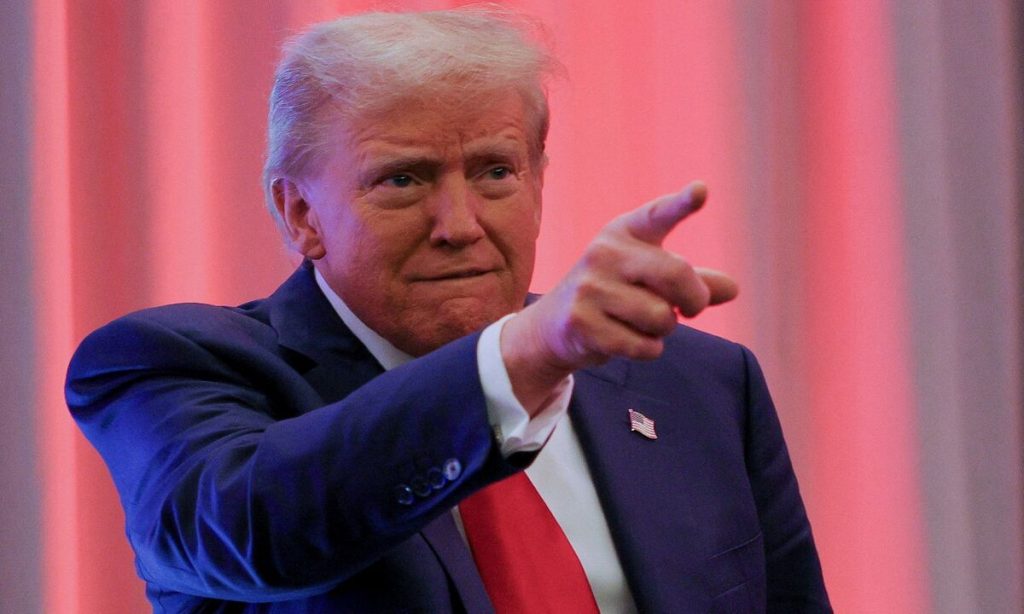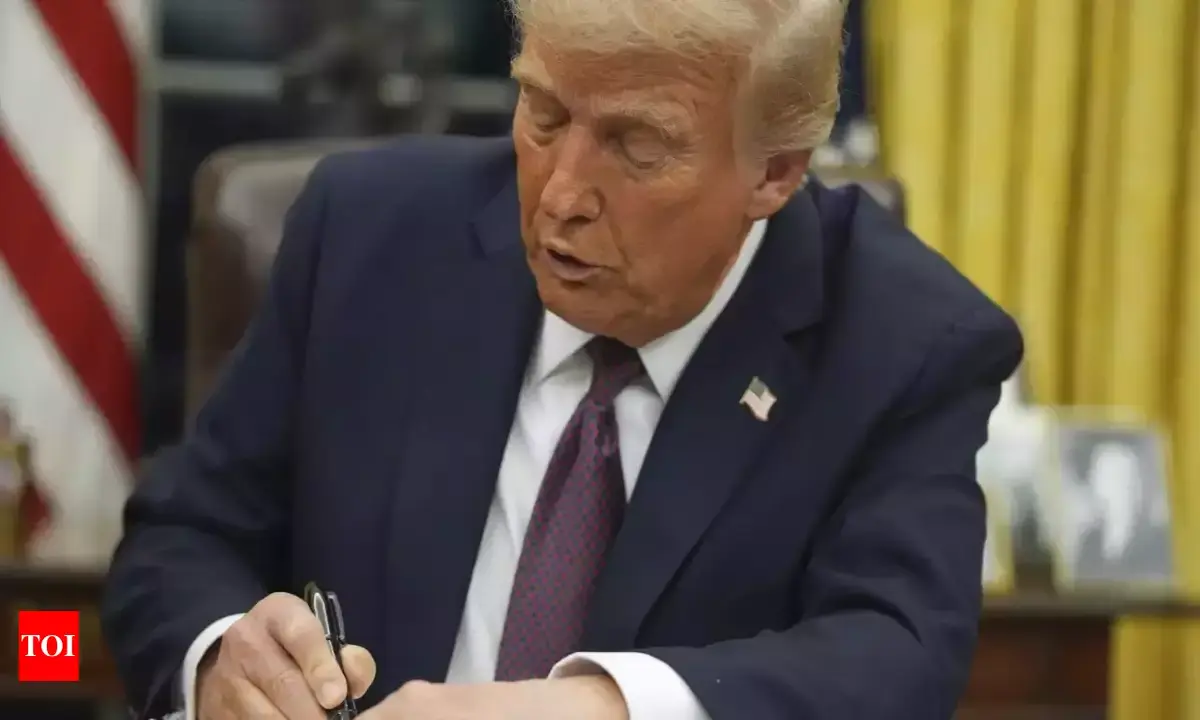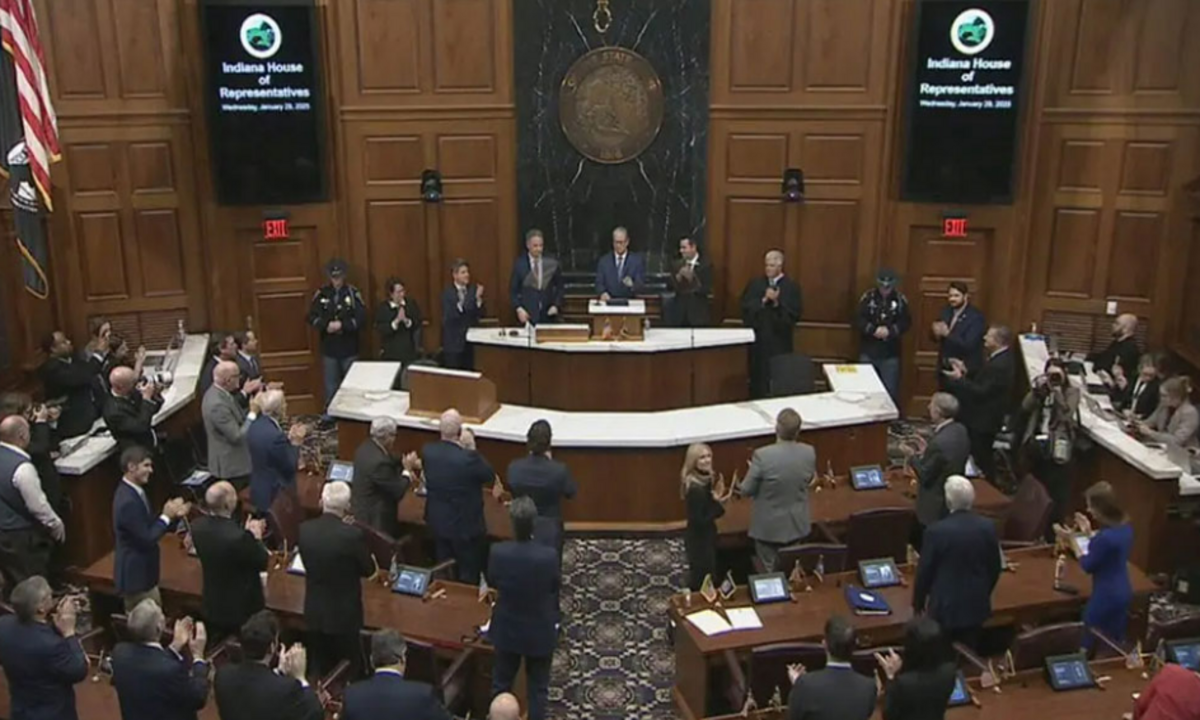In his first week back in the White House, former President Donald Trump has signed multiple executive orders focusing on various issues, including trade, immigration, and climate policies. Among these, two key orders specifically target diversity, equity, and inclusion (DEI) initiatives within Federal Government agencies. These actions aim to roll back policies that have been in place for over 50 years.
Reversing Decades-Old Policies
One of Trump’s executive orders reverses measures dating back to 1965. This move effectively ends protections against discrimination based on race, color, religion, and national origin, initially introduced under President Lyndon B. Johnson’s administration. The new directive, titled “Terminating Illegal Discrimination in the Federal Government,” seeks to eliminate DEI-related programs within federal agencies.
At the state level, similar efforts have been underway. For instance, South Carolina’s legislature has considered proposals to cut funding for DEI programs in higher education institutions. These initiatives reflect a broader push to shift policies towards a merit-based approach.
Mixed Reactions from Advocacy Groups and Politicians
The executive orders have sparked sharp reactions from advocacy groups and political leaders. The South Carolina chapter of the ACLU strongly criticized the move, labeling it as an attack on fundamental civil rights. Paul Bowers of the S.C. ACLU stated, “We’re talking about protections that date back to the time of Martin Luther King.” He also accused the administration of undermining decades of progress toward racial equality.
Similarly, the South Carolina Black Caucus emphasized the importance of DEI initiatives. In a statement, they highlighted how these programs promote awareness about historical and systemic challenges faced by marginalized communities. “This education fosters a more inclusive environment,” the caucus noted.
On the other hand, South Carolina Republicans have expressed support for Trump’s actions. Drew McKissick, Chairman of the S.C. Republican Party, argued that merit should be the sole criterion for government employment. “Issues of race, sex, or religion should not determine who can and cannot work for the government,” McKissick stated.

Economic Impact on Higher Education
The debate over DEI policies extends beyond the federal level. In South Carolina, the state’s Freedom Caucus has criticized universities for spending millions on DEI programs. Data from 2023 reveals substantial financial commitments to these initiatives by state colleges and universities.
Last year, South Carolina’s House of Representatives passed a measure to cut funding for DEI programs in state-run institutions. Representative Jordan Pace described these programs as a long-standing concern, emphasizing their impact on budgets and priorities.
What Comes Next?
President Trump’s orders give federal departments and agencies 60 days to eliminate DEI programs. This timeline places significant pressure on government institutions to comply while reigniting national debates over civil rights and equality.
The ripple effects of these executive orders are likely to influence both federal policies and state-level actions. Advocates and critics alike are preparing for legal and political battles to shape the future of DEI efforts in the United States.
Disclaimer—Our team has checked this article to ensure its accuracy and eliminate any misinformation. We are committed to providing clear and reliable information for our readers.




